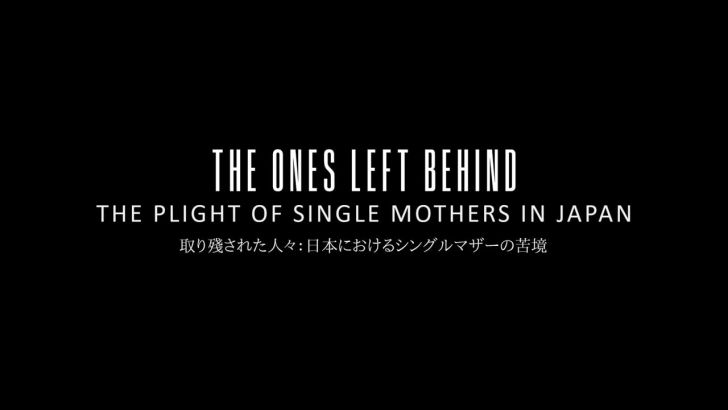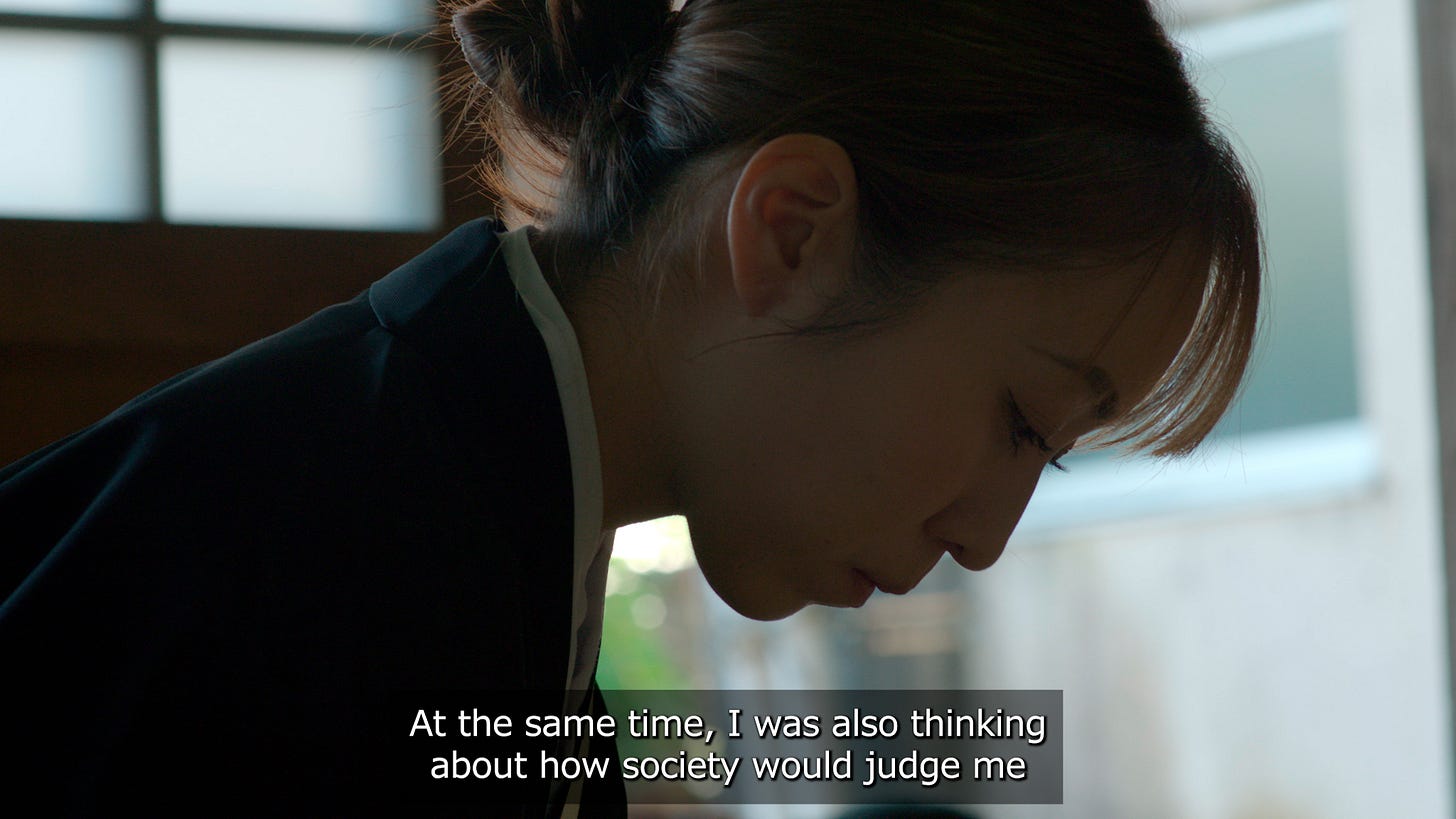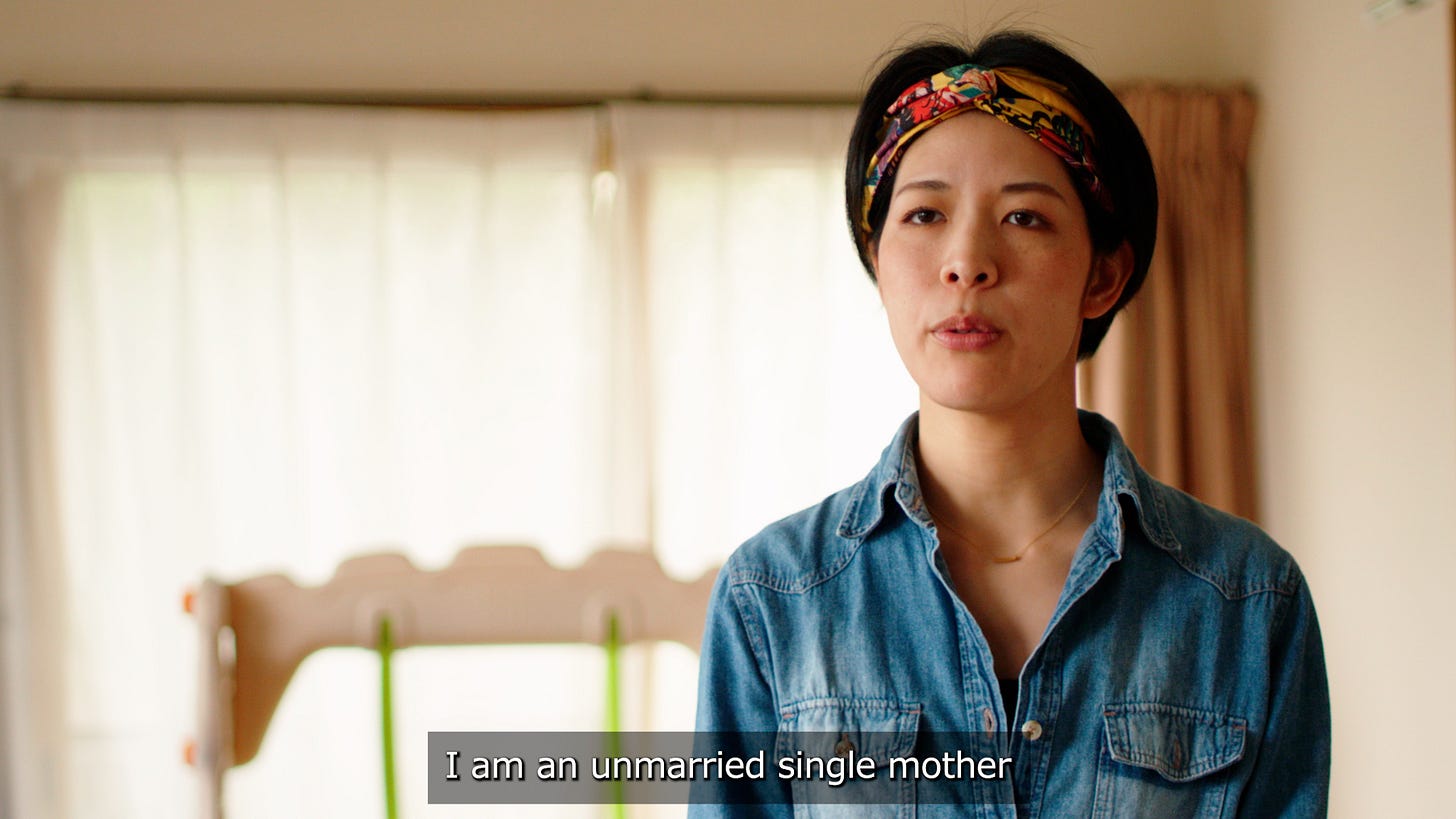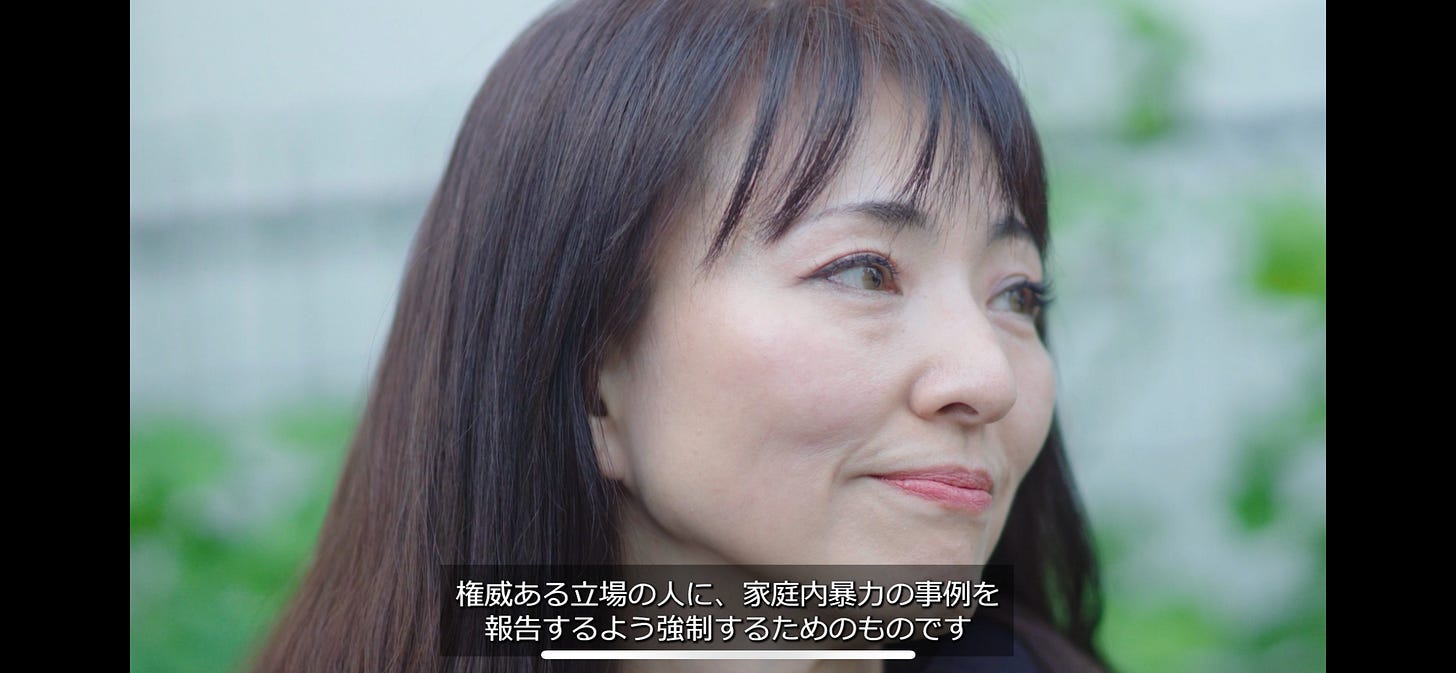The Ones Left Behind: The Plight of Single Mothers in Japan
The is the trailer for my new documentary film
My first full feature documentary film is on a topic that many in Japan wish to keep under the rug. The film is 78 minutes long (including end credits) and is in both Japanese and English with subtitles for both languages. Nothing gets lost in translation either, which is a huge point.
This was an extremely hard documentary to make because I had zero knowledge of the topic before I started making it. On top of that, some of the interviewees, the single mothers, wouldn't open up fully about their poverty status themselves due to Japanese pride but we eventually got there. We ended up getting some really nice footage. Please check the trailer above!
Raising a child alone is hard, no matter where you live. But among developed countries, single parents (and they are usually mothers) may be worst off in Japan. There is no such thing, legally, as joint custody in Japan, and women here tend to be the ones financially responsible for their children. Women usually work part-time or low-paying jobs because they had previously dropped out of the workforce to raise their children, and find it hard to get hired into well-paying, full-time jobs.
Since World War II, Japan has grown to be one of the wealthiest countries in the world. It boasts modern buildings, clean streets and is home to some of the richest people on earth. Yet, Japan’s poverty rate has consistently risen for the past 30 years, reaching 16.3 percent in 2017. However, the country still appears to be healthy and thriving. This dissonance between facts and appearances is due to the stigma surrounding poverty in Japan. Rather than admit to being poor, many people in Japan mask their financial needs hoping not to draw attention to themselves.
This problem is even worse for single mothers in Japan, who not only face greater cultural shame more consistently, but also have a harder time providing enough for their families. A whopping 56 percent of single-parent homes in which the parent is working live in poverty. As women have children, they often can no longer work the long, rigorous hours expected of Japanese employees. This time restriction then forces them to assume lower paid jobs with worse benefits and working women in Japan make 30 percent less on average than men doing the same job.
And because of safety-net reforms developed over the past two decades, they can depend on little help from the state. Today, Japan has the highest share of single mothers in the labor force of any country in the Organization for Economic Cooperation and Development (OECD), at 85 percent (of which as mentioned above) over 56% of these women are in poverty.
Most women in Japan who take on the “challenge” of single motherhood do so because they have no choice. Many are also reluctant to dwell on their struggles lest they lose heart altogether. That said, there are certainly single mothers who genuinely rejoice in their freedom from an oppressive marriage and are making the most of life, economic hardships notwithstanding.
Japanese culture also dismisses female higher education, men often feeling “uncomfortable” to share the classroom with women; girls are pushed into two-year vocational schools instead. This setup is also seen as a benefit to women as they will then, allegedly, have more time to find a husband and start rearing children in the societally accepted timeframe. Such a collective attitude makes it more difficult for women to access education to higher paying jobs, and dismisses women who might pursue relationships and children outside of marriage.
The number of single mothers is definitely on the rise in Japan. According to the Nationwide Survey on Fatherless Families, conducted every five years by the Ministry of Health and Welfare, the number of families with single mothers was 1,238,000 in 2011 (as compared with 220,000 families with single fathers), twice the number recorded in 1973.
The average age of Japan’s single mothers is 40. Of the total, 80.8% are divorced, while a mere 7.8% are unwed mothers. Another 7.5% are widows. Their average annual income, including all government benefits, child support, and alimony, is ¥2.23 million, about half of Japan’s median household income. Although a full 80.6% of single mothers are employed, their annual wage earnings average only ¥1.81 million, less than half the average for all Japanese households.
Part of the reason for this situation is that wages for women in Japan are low overall. According to figures released by the National Tax Agency, in 2010 about 43% of all working women were earning ¥2 million or less annually. Nonregular employment, which has risen among both men and women, now accounts for almost 70% of the positions occupied by women. The fact is that poverty is a growing problem for Japanese women in general, not just single mothers.
Japan’s gender pay gap is among the widest in the industrial world, and when it comes to parents, the disparity is particularly pronounced. According to a 2012 report by the Organization for Economic Cooperation and Development, the “price of motherhood” in Japan is exceptionally high, with working mothers earning some 60% less than working fathers on average.
Long term financial prospects for Japanese women, in general, are behind those of men. The lack of solid job opportunities also means they have difficulty saving for retirement. The current setup means that single motherhood unnecessarily leads to devastating and lasting effects for both single mothers and their children.
With higher salaries for women, more stable jobs, and more women in the workforce, women could be confident that they could raise their children outside of poverty. That, in turn, could motivate more women to have babies. Such goals are not out of the question and the government of Prime Minister Shinzo Abe had spoken of wanting to increase the share of women in the workforce, and of wanting to help more women into boardrooms and high-paying positions. But as usual there has been very little concrete action.
To reverse the declining birth rate in Japan, the country will need to make sure that all parents, single or not, can raise children outside of poverty. That may require a shift in what types of families and workers it values.
Please watch out for my film - it’s going to blow the lid off the Japanese system!!!














I watched Rionne's film and was stunned at how good it was--educational and moving, it deserves as wide an audience as possible. It's clear we are watching the emergence of a first rate cinematic story teller. I'm eager to see Rionne does next.
Bob Whiting
https://robertwhiting.substack.com/
This is heartbreaking. Single moms definitely need more support. I teach free English lessons to kids growing up in protective care homes in Japan through the nonprofit, JOEE.jp - most children are in the care homes (jidoyogoshisetsu) as a result of domestic violence, abuse and neglect. Often the mothers are aware of the abuse for a while but are afraid to break away from the abuser. Being a single mom is so difficult here. I would be interested in helping to set up fun, JOEE lessons for kids who are growing up in single-parent households as well. Let me know if you can connect me with any institutions. We currently offer lessons at six different facilities from Nagoya to Tokyo. ruth@joee.jp
Here is the JOEE website link: https://joee.jp